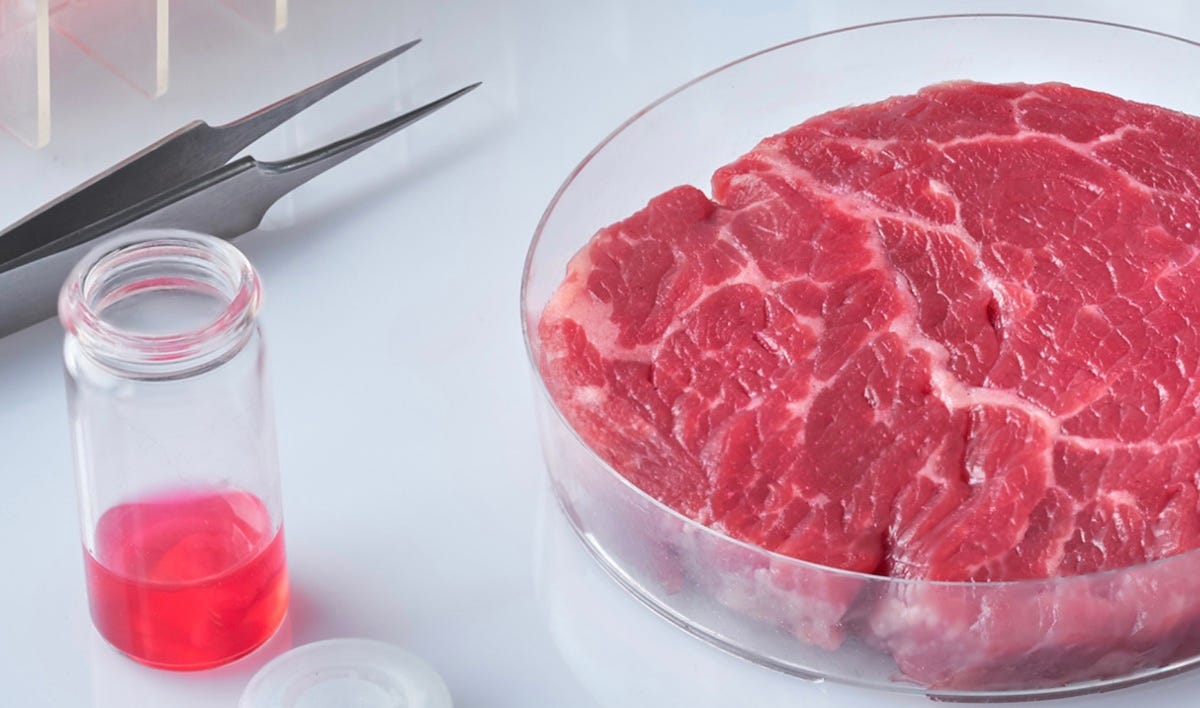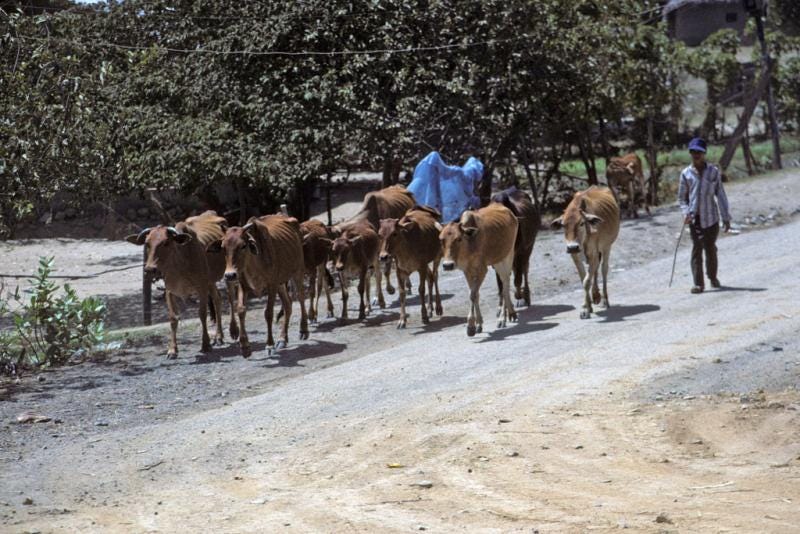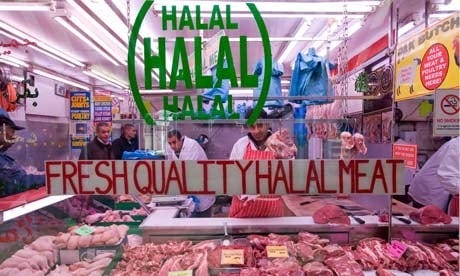Lab grown meat might be technically halal but will erode wealth from Muslim communities
Cultivated or lab grown meat has been touted as one of the solutions to global warming. Cultivated meat is now being produced in Singapore, with a Malaysian company preparing another start-up in Penang this year. This brings up questions for Muslim communities as to the halal and ethical aspects of this new food source.
Cultivated meat is produced by from cell taken from animal embryos or cells from tissue fibre from living animals. These cells are placed in bioreactors and feed a broth of nutrients, under atmospheric and temperature-controlled environments to produce a product resembling natural meat in texture and taste. This process takes only a few years compared to months or even a year for live animal production.
On February 2, the Mufti of Singapore Dr Nazirudin Mohd Nasir announced that lab grown meat is permissible in Islam. Thus, lab grown meat can be labelled as halal as long as the initial cells are derived from permissible animals, through methods compliant with Islamic standards. This means that alcohol or spilled blood should not be part of any processes.
The ethics of cultivated meat for the Ummah
Although cultivated meats are technically halal, there are questions about whether the introduction of cultivated meat fits into the objectives of an Islamic society. There is an ethical issue for the Ummah to consider.
Cultivated meat is technically halal, but goes against the concept of Mu’amalat. Mu’amalat is the relationship between persons on this earth. Thus, the production of cultivated meat by corporations destroys Al-iktinaz, where reciprocal assistance and cooperation among members of society is espoused in Islam.
The herding, slaughter and cutting of meat has for centuries been an integral part of Islamic society. This created a circular economy which kept many families out of poverty and linked them socially. The Islamic traditions around these activities are replicated around the world in Mesjids and suraus during Ahli Adha each year.
Herding brought both wealth and consumption to communities. This can be still seen in Indonesia, Malaysia, and Muslim Thailand. Put simply, the growth of the cultivated meat industry will be a direct transfer of wealth from communities to corporations. Over time, this could destroy the very fabric of Muslim communities, which live and exist on meagre incomes.
Traditional way of life threatened with cultivated meat
This is an issue the Ummah must deeply consider, as cultivated meat could present a direct challenge to the viability of many Muslim communities.
Will traditional halal butchers become a trade of the past?
Finally, one of the major justifications for the rise of cultivated meat was that animal herding played a role in climate change due to methane discharge. However, the lab production of meat also creates a carbon footprint from using fossil-fuel produced electricity. In addition, the yeasts and enzymes used in cultivated meat production also emit CO2. There are also pollution issues with the disposal of the waste. To date, there have been no convincing scientific studies on comparative carbon footprints from herding and lab cultivation.
Muslims must apply social wisdom on the above issue, if local Islamic circular economies are to be kept, particularly in marginal income rural communities.
Subscribe Below:






Supporters of ISIS and those assorted Jihadi groups might have to look into the matter of their eating human hearts, livers, spleens... something they do quite hastily while their victims are only half-dead or not dead at all.
Until the censors and well-meaning ruined the show by culling the graphic feasts on the internet, it was full of happy guys eating their food fresh from the killing fields *burp*.
Not just questioning the halal aspect but are human parts on the menu of the discerning gourmet joints (restaurants, not human parts)?
Mind you, cannibalism is still practised in many places, some really close to us. A friend who went out to PNG to assist in studying tree species and mowing the lovely rainforest down, was offered a fresh human leg (nicely wrapped with banana leaves) in exchange for some Coke and canned food.
No, the friend was too terrified to ask if the leg was halal, gave his side of the bargain for free, and buggered off home the following day.
No, he didn't take the leg.
Murray, the advent of lab-grown meat offers a promising avenue for reducing the need for traditional animal slaughter, a development many advocates for animal welfare welcome with open arms.
To digress from the topic, in 2016, the Islamic Development Bank in Jeddah devised a computerised coupon system where Muslims can "make their Eid Al-Adha sacrifice without even seeing the animal."
Through this system, when a coupon is purchased, it electronically triggers the abattoir to carry out the sacrifice. The meat is then distributed to those in need, while the purchaser receives a receipt from the bank confirming their contribution.
While the evolution of the Eucharist, which turned Bread and Wine into a white flake at Communion, is not quite the analogy, this novel Islamic sacrificial system in Saudi Arabia reflects a similar shift towards symbolic participation in religious practices.
Peace!
https://www.arabnews.com/node/984256/saudi-arabia